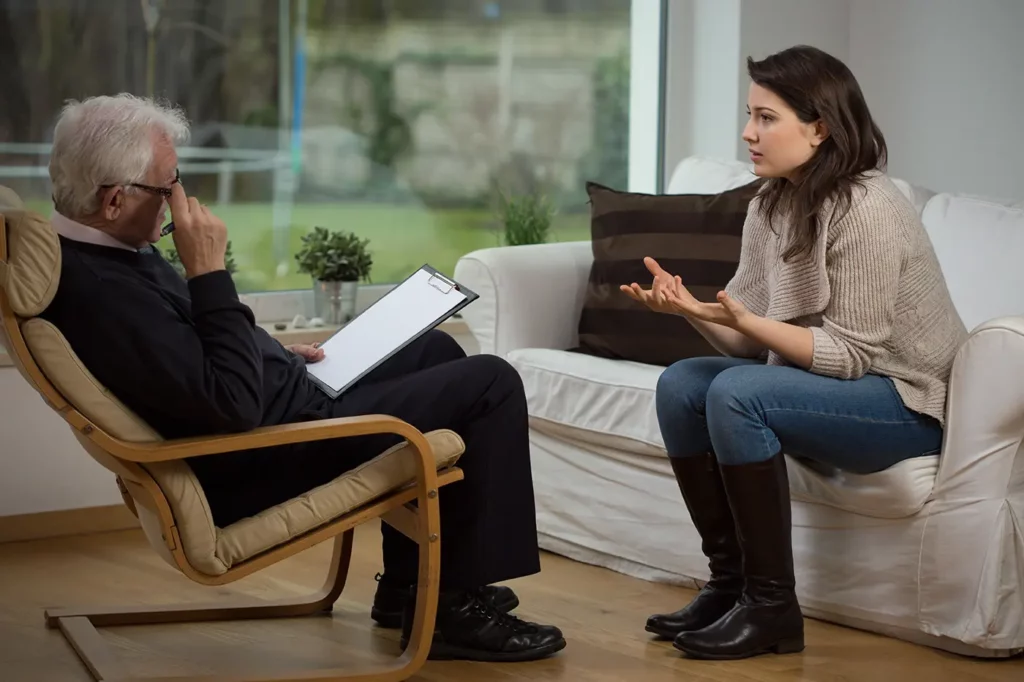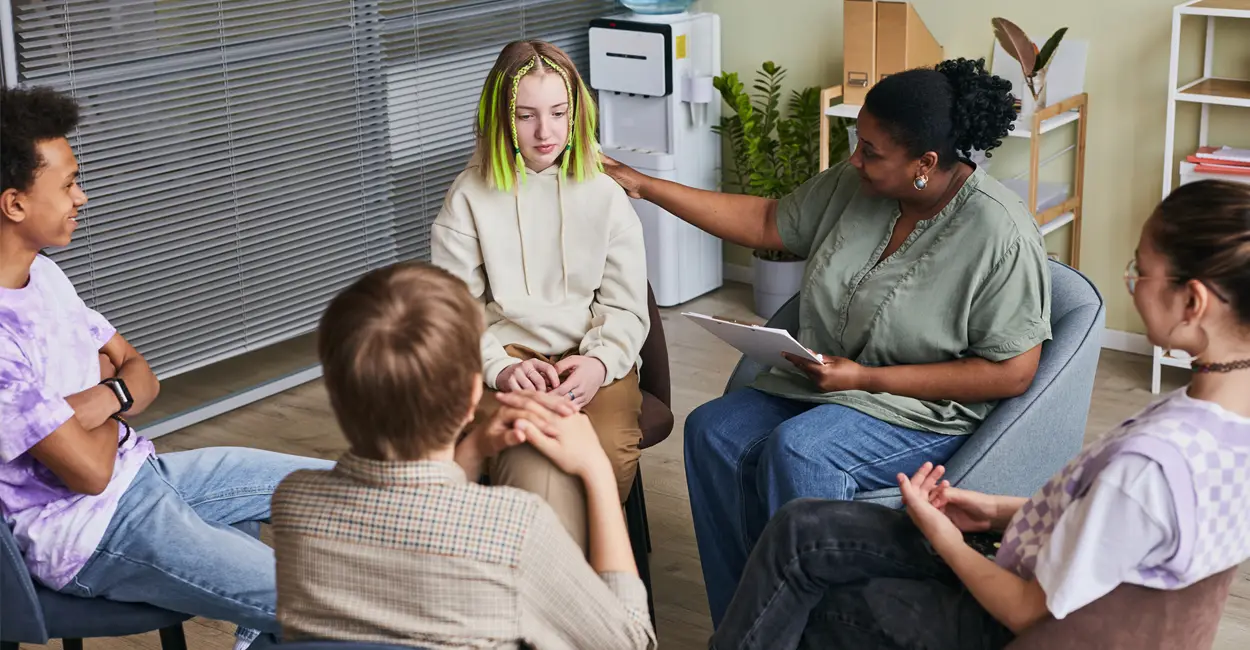24/7 Helpline:
(866) 899-111424/7 Helpline:
(866) 899-1114
Learn more about PTSD Treatment centers in Glady

Other Insurance Options

Kaiser Permanente

Absolute Total Care

Anthem

UMR

Meritain

Evernorth

State Farm

Self-pay options

Oxford

Access to Recovery (ATR) Voucher

BlueShield

ComPsych

Regence

Choice Care Network

Multiplan

UnitedHealth Group

MHNNet Behavioral Health

Sliding scale payment assistance

Carleon

Magellan Health























